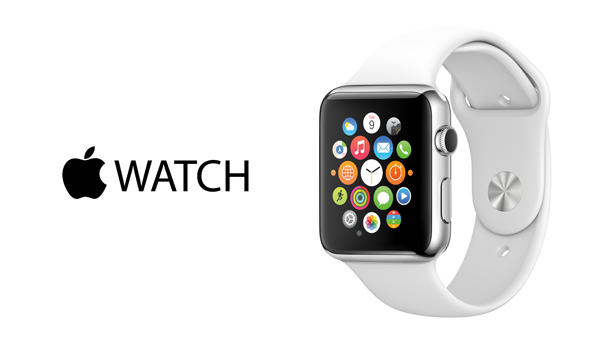Apple Watch Has Scaled Back Health Tracking Features
March 5, 2015
While the forthcoming smartwatch will include some degree of health-tracking functionality, the device has fewer health sensors than were previously rumored.
Updated March 9, 2015
Brian Buntz

The Apple Watch will become available next month at a starting price of $349. But while the device appears to have more health-tracking functionality than any iDevice before it, that functionality appears to be as unimpressive as media outlets including the Wall Street Journal previously suggested.
That paper suggested that, while the Cuptertino, CA-based tech giant originally envisioned the Apple Watch as a next-gen health-tracker, the device will offer fairly prosaic fitness monitoring capabilities by 2015 standards: heart rate and activity levels. Gone for now are its plans to incorporate health metrics such as blood pressure, heart activity, and stress levels in a consumer-facing device, the Journal said.
That appeared to be exactly what Apple unveiled Monday during it March product announcements event: a "comprehensive health and fitness companion" able to track activity, estimate calorie burn, and track length of workouts--but not more complicated health metrics.
The likely reason for the backpedalling is multifaceted, including unwanted regulatory oversight and the inability to make those features work reliably.
The move is reminiscent of last year's press announcement of HealthKit, an app that would be bundled into iOS 8. While the company excitedly promoted HealthKit last year, it stumbled out of the gate and wasn't even available in the initial launch of the operating system. iOS8 adoption rates themselves have lagged until recently, and are now hitting about 75%.
Still, Apple executives on Monday boasted that the HealthKit now has 900 apps available. And the company is now trying to harness the power of the iPhone for medical research through its new ResearchKit.
On the upside, the Apple Watch will be compatible with a forthcoming Dexcom continuous glucose monitor app.
Health-related applications were an original focus for the Apple Watch when the company first set out to make the device four years ago. But the health-tracking technology it had envisioned didn't live up to its standards, according to the Journal.
Attempts to measure skin conductance were unreliable in people with hairy arms or dry skin. The company also attempted to measure blood pressure with the device, but such functionality would likely require regulatory approval.
It's worth noting that a rival wearables company, Jawbone, plans to launch the UP3 soon, which monitors respiration rate, heart rate, stress levels, and fatigue.
Refresh your medical device industry knowledge at BIOMEDevice Boston, May 6-7, 2015. |
Brian Buntz is the editor-in-chief of MPMN and Qmed. Follow him on Twitter at @brian_buntz.
Like what you're reading? Subscribe to our daily e-newsletter.
About the Author(s)
You May Also Like


